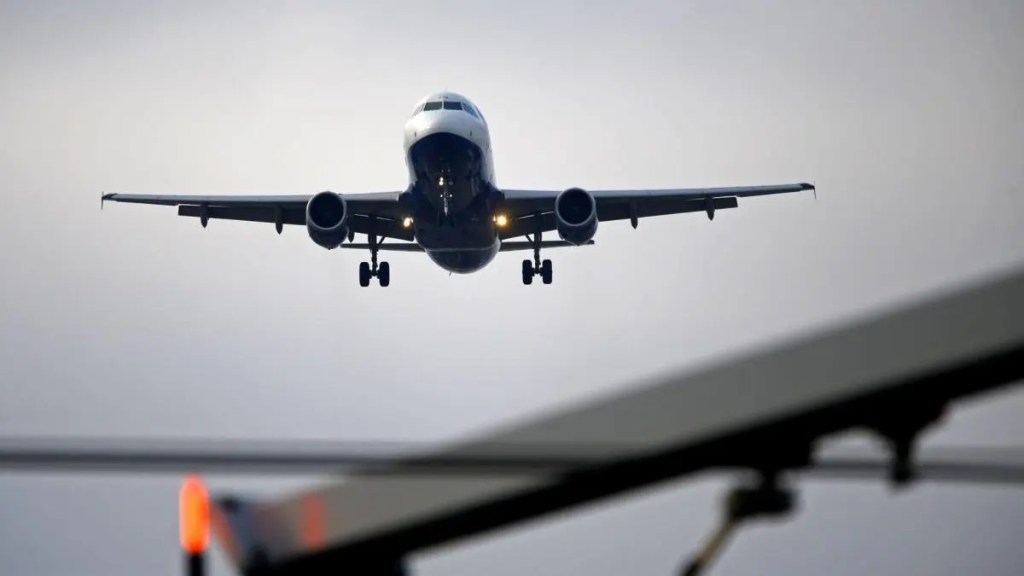The civil aviation ministry today revealed that about 51 passengers have been placed under the no-fly list of airlines this year till July 1 for unruly behaviour.
In the last five years, 300 passengers have been placed on the no-fly list, the data provided by Minister of State for Civil Aviation Murlidhar Mohol to the Rajya Sabha showed.
The Directorate General of Civil Aviation (DGCA) has established regulations for managing unruly or disruptive passengers, which include procedures for adding such individuals to a no-fly list. In 2023, a total of 110 passengers were added to the no-fly list, compared to 63 in 2022 and 66 in 2021. According to the data, 10 passengers were placed on the list in 2020.
In a written reply, the aviation minister said that there are comprehensive regulatory frameworks in place to ensure the safety of aircraft, passengers, property, and maintain good order and discipline on board. These frameworks also address unlawful and disruptive behavior on aircraft.
In a separate written reply, Mohol explained that airlines’ operating costs are variable and influenced by several factors, such as the international price of Aviation Turbine Fuel (ATF), foreign exchange rates, and various duties and taxes. ATF constitutes approximately 40 percent of an airline’s operating expenses.
According to him, the government facilitated discussions between airlines and Oil Marketing Companies (OMCs) to rationalise ATF pricing. The adoption of the Mean of Platts Arab Gulf (MOPAG) pricing model increased transparency and aligned the jet fuel prices in India more closely with global rates.
“This protects airlines from abnormal ATF price fluctuations. Issue of high value added tax on ATF levied by states/Union Territories (UTs) has been taken up with the States/ UTs resulting in reduction of VAT by 19 states/ UTs. Ministry of Civil Aviation has also taken up the issue of inclusion of ATF under the ambit of GST with Ministry of Finance,” he added.
(With PTI inputs)


